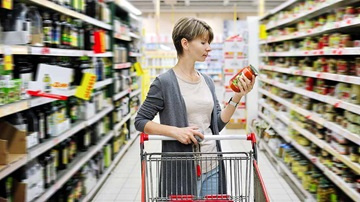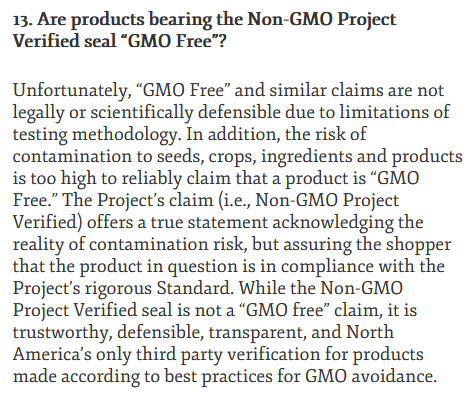
It should be easier to shop sustainably.
Depending on which research you read, anywhere up to 90% of Australians want to pay attention to ethical or sustainable factors when shopping. However, many of us are not so effective at putting those good intentions into practice.
I suspect this is largely because it’s often difficult. There are lots of products that are marketed as ‘eco’ or ‘sustainable’, but it’s hard to find out what this means exactly.
There are apparently more than 50 eco labelling schemes in Australia – some with robust certification requirements, others a little more sketchy. The one thing they all have in common is that they aren’t mandatory. A business can pretty much whack an eco label on a product without any requirement for anybody to check it.
Even claims that come with a high price premium – like ‘organic’ – are largely unregulated. Due to a strange quirk in our law, the organic products we export have to be certified by one of a small number of schemes approved by the government, but products we sell here don’t.
Businesses of course can’t lie about their products or they’ll risk falling foul of laws that prohibit misleading representations. But it’s often hard – even for an organisation like CHOICE – to work out whether a claim might be misleading.
Take household cleaning products as an example. Consumer demand for eco products has seen a dramatic expansion in the range of brands on supermarket shelves, but it’s extremely hard for us to verify how ‘eco’ they are. Manufacturers aren’t required to list the ingredients on labels, and while it is possible to identify the chemical composition through testing, the cost of doing this on a regular basis is prohibitive.
We see similar problems in superannuation. While many super funds now offer ethical options, it’s actually quite hard to know what they really mean, because they aren’t required to disclose where the funds are invested.
The good news is that things are slowly changing for the better.
The government is working – albeit slowly – on changes that would require super funds to tell you where funds are invested. The federal government is reviewing how the organic industry is regulated – which might lead to better labelling requirements. And regulators such as the ACCC are taking an increasing interest in cracking down on misleading claims about sustainability.
At CHOICE, we’re also thinking about how we can do more to help you, if like most Australians you’re interested in buying more ethical and sustainable products where you can. When you set out to buy something, you should be able to base your decision on information you can trust – and that’s even more important where a product claims to be superior.

